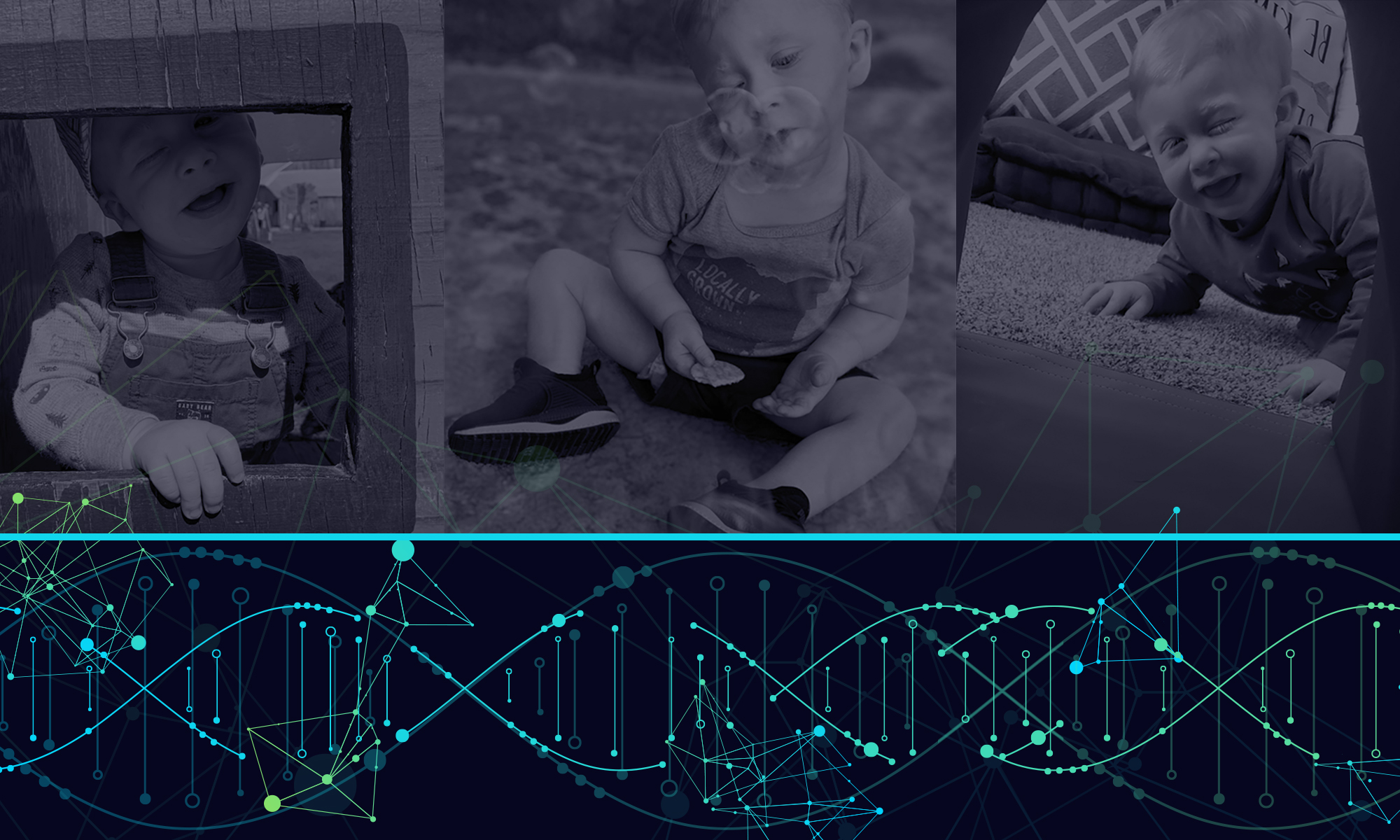The decision our little family was asked to make over these last few weeks has been one of the most difficult to date… It was a decision we didn’t want to have to face, that could change all of our lives with the stroke of a pen, and that seemed to have an infinite list of both pros and cons: Did we want to include secondary findings in our whole exome sequencing results?
Let’s back-up a little bit. Whole exome sequencing—the most comprehensive genetic testing available today—offers secondary findings with its results that include a menagerie of potential conditions in addition to what you’re actually getting tested for. Essentially, they report mutated genes that have been known to make some people more prone to having certain types of cancers, aneurysms, heart conditions, drug interactions, and the like. While there are treatments available for most of these things if caught early enough, the majority of these “findings” are for issues that effect you later in life. And, to add more pressure to this decision, they will not begin testing without an answer—and there are no-take-backs. All decisions are final.
Here’s the thing, I am a worrier and stress about everything—and no, it doesn’t matter if it’s over something I cannot control. I dwell on things longer than I should. I lose what precious sleep I should be relishing in. I obsessively Google in search of the “right answer.” And now I’m supposed to decide if I want results that could say my 15-month-old son has a precursor for cancer?
Having previously worked in the medical field, I am a believer in actively taking control of your health and wellbeing. So naturally, my instinct is to find out everything I possibly can by getting these secondary findings. I mean, why wouldn’t we want to know? My paternal grandma died of breast cancer at 62, and I see so much of her in me. My maternal grandpa died two months before I was born from lung cancer, and he was just 53. My husband’s paternal grandpa died far too young from cancer as well. So obviously, if the science says cancer is genetic, we likely have an increased risk given the toll cancer has already plagued onto both of our families. But at the end of the day, can we handle being given a report that turns what ifs into whens?
Decision time… What does getting a positive result mean? Yearly screenings? And does that yearly screening help us sleep at night or would we live in a constant state of fear knowing a positive result is likely inevitable? Oh, and by the way, we had to make this decision three times: once for Rowan, once for Dereck, and once for me. It’s hard enough to think about a positive result for Dereck and myself as adults. But can you even imagine a positive result for Rowan?! The doctors can’t even diagnosis him with things actively affecting him today, now we need to decide to get results about something that won’t even affect him until he’s in his 50’s?
The decision was easy for Dereck; he firmly did NOT want to know—for any of us. Me on the other hand, I wanted to know for him and I but for Rowan, I only wanted to know the potential drug interaction. Shockingly, picking and choosing which secondary findings to get results on was not an option— it was ALL or NOTHING.
After research and discussions and pros and cons lists, the ultimate deciding factor came as a surprise… I was reading what felt like the millionth informational sheet and consent form they sent to us and this statement caught my attention: “Insurance may deny you life and death coverage based on your medical record. If you choose to know these findings, they will become part of your medical record.” Hello game changer! To say the least, I was baffled. How can insurance deny you coverage based on a possibility?! Rowan, a baby who’s barely a year old, could be denied insurance for basically his entire life?! You would think insurance companies would be happy to pay for screenings to prevent drastic measures later in life but no, that’s clearly not the case. Insurance companies will never make sense to me, that I am convinced.
So, after weeks of back-and-forth on what to do, we chose to not know for all three of us. Despite the greed of our insurance companies, I’m still not convinced we are meant to know these things… My faith tells me that only God knows our outcome. The worrier inside me is questioning not looking into the crystal ball. Did we choose to live in ignorant bliss? Maybe. But, at the end of the day, this decision had nothing to do with testing Rowan for his current care. That’s the thing about this journey; you never know what will be thrown your way as much as you try to prepare yourself. You just buckle up and go along for the ride.


Tiffany…you certainly don’t need anyone else’s advice, but I think your decision to not have the testing is very wise. If you have a doctor tell you that you have certain genes that cause a certain disease, you live with that hanging over your head. Instead, I would suggest trusting that God can handle those genes. My dad had Alzheimer’s, and you can be tested to see if you have a certain gene for that disease, but I do not want to know if I have that gene!! I’m going to trust that God’s healing is more powerful than a doctors prediction. I hear a mommy’s fear in your message and I certainly understand that. I believe your precious grandma would encourage you to Trust God, Tiffany! ❤️🙏❤️